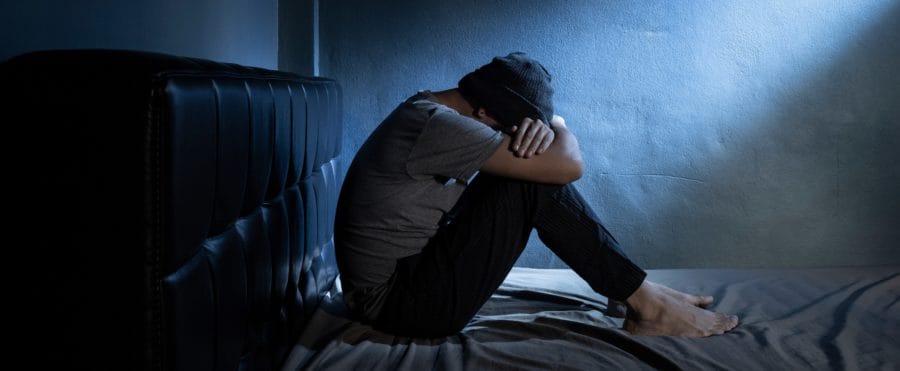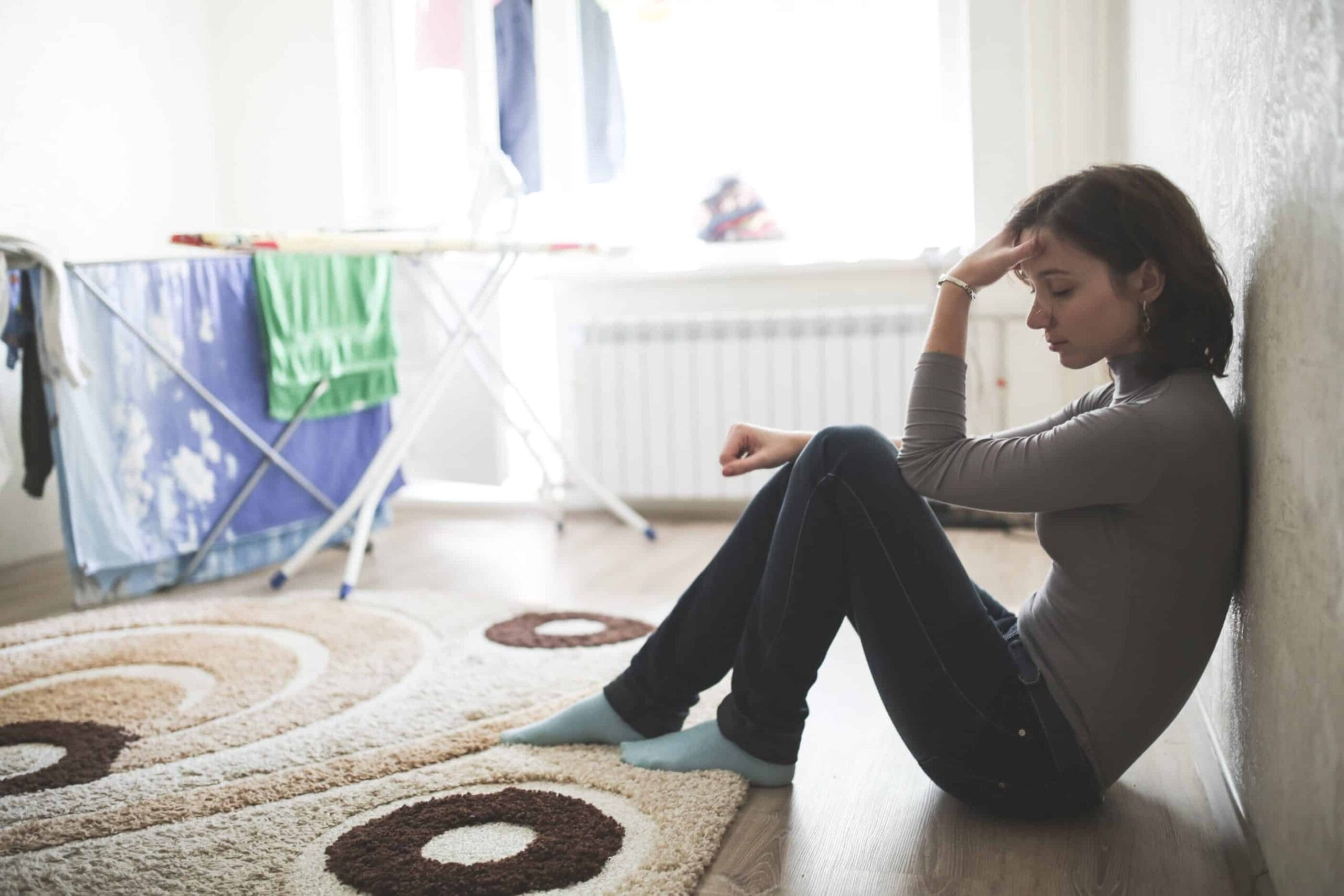You’ve been finding it harder and harder to get out of bed in the morning – and once you do, you spend the day in a state of exhaustion. Can depression really make you tired? And if so, why does depression make you tired?
Can Depression Make You Tired?
Let’s address this question right up front: Can depression make you tired?
Yes, depression can make you feel tired.
Two of the most common forms of depression are major depressive disorder and persistent depressive disorder:
- Major depressive disorder is characterized by symptoms that last for a period of at least two weeks. These symptoms will be severe enough to impair a person’s ability to function at work, in school, or in other important areas of life.
- People who have persistent depressive disorder experience similar symptoms over a much longer period (two years or more). These symptoms are often less acute than the symptoms of major depressive disorder, but they can still have a significant negative effect on a person’s life.
In the fifth edition of the Diagnostic and Statistical Manual of Mental Disorders (DSM-5), being tired is referenced in the diagnostic criteria for each of these disorders:
- The DSM-5 includes “fatigue or loss of energy nearly every day” as one of the criteria for a diagnosis of major depressive disorder.
- For persistent depressive disorder, the DSM-5’s list of diagnostic criteria includes “low energy or fatigue.”
Knowing that depression can make you tired can help people identify if they or someone they care about are struggling with a depressive disorder. But this knowledge can also prompt other questions, such as “Why does depression make you tired?”
Why Does Depression Make You Tired?
Depression is a mood disorder. So why do the symptoms of depressive disorders impact your body? Why does depression make you tired?
Here are four reasons why depression may be making you tired:
- Disrupted sleep patterns: Both insomnia (having trouble getting to sleep and staying asleep) and hypersomnia (sleeping too much) can be symptoms of depression. The connection between insomnia and exhaustion seems obvious – if you’re not getting any sleep, you’re going to be tired. But sleeping too much can also cause you to feel perpetually fatigued.
- Poor diet: When you have depression, you may experience significant changes in your appetite. Similar to depression’s effects on sleep, this can cause you to eat too much or not enough. Both of these experiences can have a negative impact on your energy levels. Also, when you’re in the midst of a depressive episode, you may not have the energy or the desire to prepare nutritious meals – so the food you do consume may not provide your body with the fuel it needs to function at full capacity.
- Lack of exercise: Depression-related fatigue can lead to a self-destructive cycle when it comes to incorporating appropriate amounts of physical activity into your life. For example: You’re too tired, so you don’t exercise today. This lack of exercise can contribute to your feelings of exhaustion, which makes it less likely that you will exercise tomorrow, either.
- Diminished motivation: It can be difficult to overcome a sense of persistent fatigue when you truly don’t have the desire to get out of bed or off the couch. Depression can make it difficult for you to get excited, feel joy, or motivate yourself. It can also cause you to be overwhelmed by small setbacks or minor stresses. This sense of emotional exhaustion can have very real physical effects, such as feeling tired all the time.

What Can You Do About Tiredness From Depression?
To complement the four potential causes of depression-related fatigue that we listed in the previous section, here are four tips to help you overcome the feeling of being tired all the time:
- Create healthy routines: Two hours of doomscrolling before bed is unlikely to promote healthy sleep. Neither is staying up until four in the morning when you need to be at work at 8 a.m. Set a time to go to bed that will allow you to get an appropriate amount of sleep. Put your phone, laptop, or tablet somewhere where you can’t see them. Make a habit of giving yourself the time and space you need to disconnect and relax.
- Call a friend: Depression can be isolating, and isolation can be a breeding ground for unhealthy habits. Talking to someone that you care about (and who cares about you) can elevate your mood and alleviate your fatigue. Meeting a friend for coffee and conversation has the added bonus of getting you out of the house.
- Take a walk: Getting an appropriate amount of exercise doesn’t mean you need to train like you’re an Olympian. Simply getting outside and taking a short walk can have a tremendous positive effect on your body and mind. Riding your bike, playing with your dog, and doing some gardening are other examples of enjoyable, low-impact activities that can give you an energy boost.
- Get professional help: Depression isn’t a sign that you’re lazy or that you just need to be positive. Depressive disorders are serious, potentially debilitating mental health conditions. Depending on the nature and severity of the symptoms you have been experiencing, proper care can range from scheduling occasional sessions with a counselor to enrolling in an inpatient mental health treatment program.
Contact Our Depression Treatment Center at Montare Behavioral Health
If you or someone that you care about have been struggling with a depressive disorder, Montare Behavioral Health can help. Our depression treatment centers in southern California are safe and welcoming places where adults receive personalized care from skilled professionals. Don’t let untreated depression rob you of one more day. Contact Montare Behavioral Health today to find your path toward a healthier and more hopeful future.











